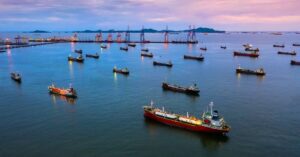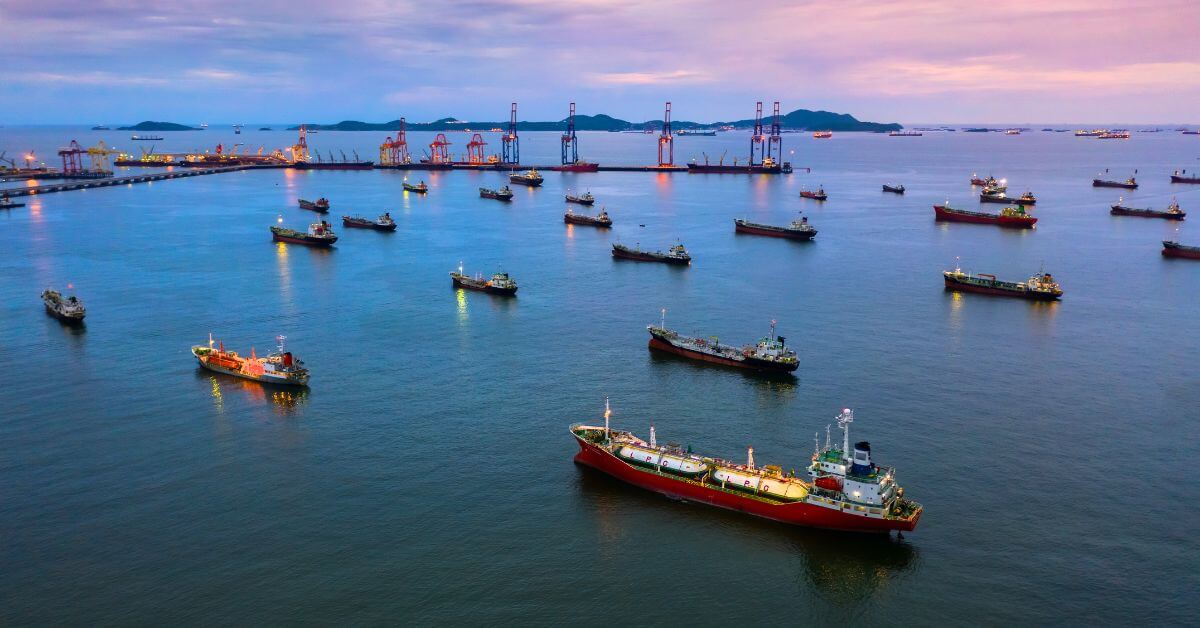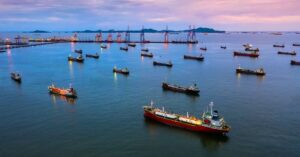
Ukraine Strikes Russia’s Largest Oil Terminal In the Baltic Sea For The First Time
September 13, 2025
U.S. Gains Access To Australia’s Future Nuclear-Powered Submarine Facility
September 15, 2025

The United Kingdom has blacklisted 70 more oil tankers and dozens of companies accused of supplying Moscow’s military operations.
With this move, the UK has sanctioned nearly 500 tankers, compared to just over 100 at the start of 2025. Officials say Britain is now leading the world in targeting Russia’s “shadow fleet,” which is used to move oil exports despite international restrictions. By comparison, the European Union has listed 444 tankers, while the United States has sanctioned just over 200.
The new sanctions list covers tankers owned or linked to Russian state energy giants Sovcomflot, Rosneft, and Gazprom. Among them is the Vasily Dinkov (72,700 dwt), Sovcomflot’s first Arctic ice-class tanker from 2008, designed to carry oil from the Varandey field inside the Arctic Circle.
Several Gazprom-linked vessels were also on the list, including the gas tanker Gazpromneft Zuid East (6,897 dwt), already sanctioned by the US, as well as the Kirill Lavrov and Mikhail Ulyanov, plus other tankers carrying the “Gazpromneft” prefix.
The UK government said the sanctions aim to cut off Moscow’s oil revenues and limit its ability to fund weapons. Officials said that Britain is leading global efforts against Russia’s shadow fleet, which helps Moscow evade sanctions.
Speaking in Kyiv, Foreign Secretary Yvette Cooper said international action is crucial to increase economic pressure and cut off funding for Russia’s invasion. She called the sanctions the “next stage” of Britain’s coordinated efforts, alongside security support and work with allies for a lasting peace.
The announcement followed one of the deadliest waves of Russian attacks on Ukraine. Officials reported that Russia launched its largest airstrike in recent weeks, firing over 800 missiles and drones in a single night. In July alone, there were more than 6,500 attacks, ten times higher than the previous year.
The UK also targeted 30 companies and individuals it said were providing critical supplies for Russia’s military industry. The list includes electronics, chemical, and explosives manufacturers.
Authorities pointed to suppliers in Russia as well as companies in China and Turkey that were providing components used in Russian missiles and drones, including the Iskander and Kh-101 systems.
Reference: Reuters
Source: Maritime Shipping News


